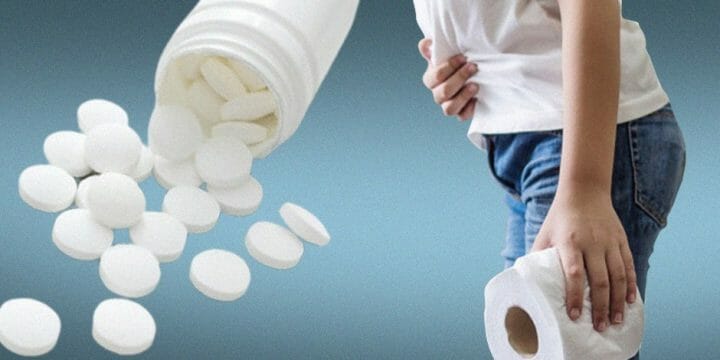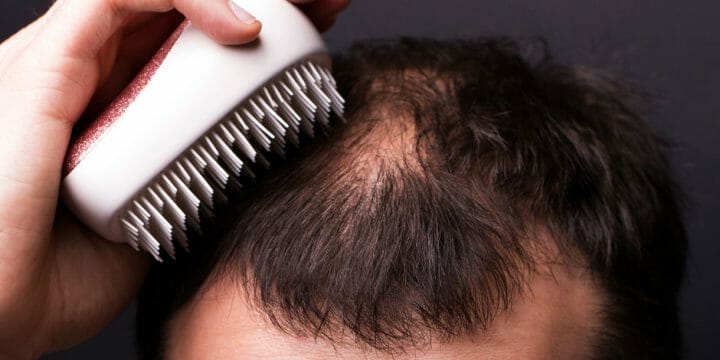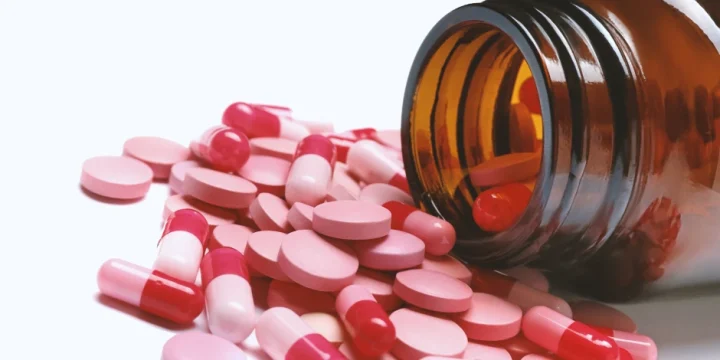As a certified fitness trainer, I've noticed that some of my clients are unable to complete their workouts due to fatigue. I advised a number of them to undergo a blood test to check their testosterone levels, which turned out to be low.
So, I decided to consult my doctor and do personal research on the connection between low testosterone levels and fatigue.
In this article, I will provide details on what causes low testosterone, how it is linked to fatigue, and share some tips on how to boost your low T levels.
Keep on reading.
Quick Summary
- Low testosterone may cause chronic fatigue, which may lead to erectile dysfunction and low sexual desire.
- Testicular infection, alcohol, and drug abuse, and using oral estrogen treatments are some of the causes of low testosterone.
- A significant 11% of erectile dysfunction cases are linked to hormonal imbalances, including low testosterone and excessive prolactin levels.
- Personally, I find the relationship between testosterone levels and overall health fascinating, emphasizing the importance of hormonal balance for well-being.
What Causes Low Testosterone Levels?
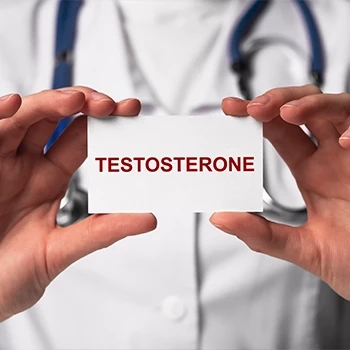
Low testosterone levels can be caused by underlying conditions such as testicular injury, Klinefelter syndrome, and pituitary gland disease.
As a primary male sex hormone, testosterone plays a major role in sex drive and is essential for sperm formation.
It also impacts muscle and bone mass and increases fat storage and synthesis of red blood cells.
According to a study published by the National Institutes of Health (NIH), testosterone synthesis typically begins to decline around the 30-year mark and after menopause for women [1].
However, young people might also have reduced testosterone levels.
Hypogonadism is a disorder in which the testicles generate a minimum or no testosterone, and it can happen at any age in men.
According to a study published by the National Institutes of Health (NIH) the following conditions can cause hypogonadism [2]:
- Testicular infection or damage
- Cancer therapies such as chemotherapy or radiation
- Pituitary gland illness, high blood pressure, or other hormonal imbalances
- Drugs like corticosteroids and opiate pain relievers
- Hereditary disorders like Klinefelter syndrome
- Drug and alcohol abuse
In addition, reduced testosterone levels in females can be caused by conditions such as adrenal gland dysfunction, surgical ovaries removal, and oral estrogen treatment.
Related Articles:
Fatigue and Erectile Dysfunction
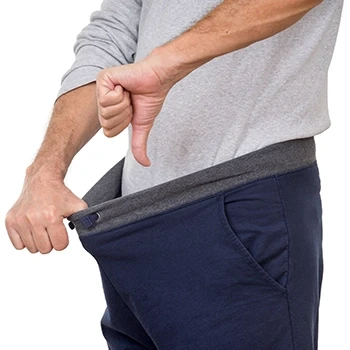
One of the dangers of low testosterone is fatigue which can cause erectile dysfunction, as sex requires a lot of energy, both mental and physical.
According to a 2022 article published in Everyday Health, tiredness can reduce a person's sex drive, and fatigue is a typical cause of ED [3].
Low sex desire and erectile dysfunction (ED) are also signs of low levels of testosterone, and while other factors are involved, testosterone-related fatigue is a major one.
If low T levels are causing fatigue and ED and there are no other medical causes, treating testosterone deficiency should alleviate the symptoms.
That said, hormonal abnormalities in males, specifically excessive prolactin and reduced testosterone levels, underlie 11% of erectile dysfunction instances.
Energy Boosting Tips for Low Testosterone

Luckily, men have various natural testosterone therapy alternatives for restoring their energy levels.
- Exercise – You can boost your energy levels with regular exercise. From my experience, regular exercise like jogging has not only upped my energy but also naturally boosted my testosterone levels, steering me away from needing testosterone replacement therapy. In addition, regular physical activity may boost your energy levels, help you lose weight, and boost your general health.
- Get enough sleep – Establishing a consistent sleep pattern combats sleep loss and its impact on hormone testosterone levels. This entails reading, taking a bath, and avoiding laptops and phones before going to bed. Go to bed at the same time every night and choose a time that allows you to obtain at least eight hours of sleep.
- Eat a healthy diet – Switching to a healthy diet, packed with vegetables and fruits and less saturated fat, really helped me combat fatigue. Consuming moderate amounts of alcohol is also part of a balanced diet. This is because excessive alcohol consumption can result in fatigue and liver disease, which can suppress testosterone levels.
- Supplement with zinc – A simple blood test shows that zinc deficiency may cause a drop in testosterone levels. Supplementation with zinc is a natural hormone replacement therapy that will increase the levels of testosterone. One study found that taking zinc supplements for four weeks prevented the reduction of testosterone levels in inactive males. As a result, boosting your consumption of this essential mineral may aid with hormone balance.
- De-stress – Performing deep breathing exercises and yoga and taking herbal medicines like lemon balms will help you reduce minor anxiety and other symptoms. This promotes a good night's sleep, which may assist you in regulating your testosterone levels.
"The greatest way to increase testosterone is to lift heavier weights." When muscle mass improves, the body produces more testosterone."
- Dr. Richard Jadick, Urologist
FAQs
Why Does Low Testosterone Cause Fatigue?
Low testosterone causes fatigue because this hormone regulates and maintains healthy energy levels. Therefore, its deficiency leads to feeling tired, unenergized, and unmotivated.
How Can I Boost My Energy With Low Testosterone?
You can boost your energy with low testosterone by exercising, eating a healthy diet, and supplementing with testosterone-boosting agents.
What Are the Warning Signs of Low Testosterone?
Warning signs of low testosterone are reduced body hair, slower beard development, fatigue, weight gain, and decreased sexual desire.
References:
- https://www.ncbi.nlm.nih.gov/pmc/articles/PMC4077344/
- https://www.ncbi.nlm.nih.gov/pmc/articles/PMC3255409/
- https://www.everydayhealth.com/erectile-dysfunction/
About The Author
You May Also Like
